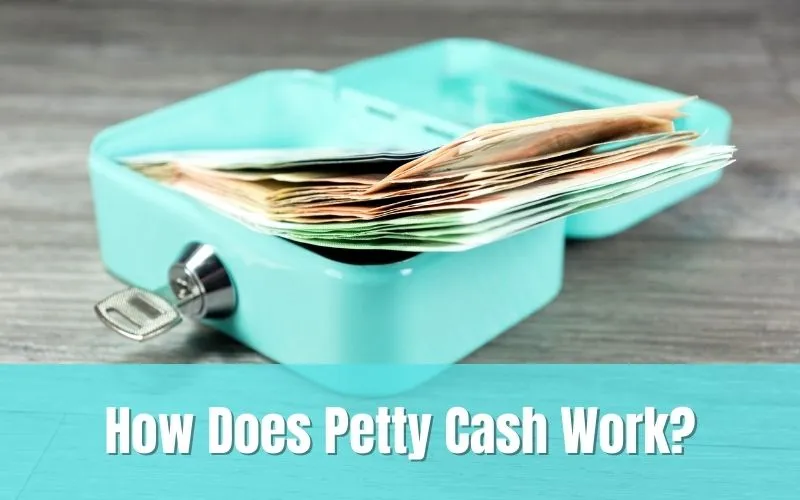
Businesses keep petty cash accounting to make small purchases without using requisition money, debit or credit cards or check out. These kinds of transactions, however, require more time and paperwork to finish.
Keeping petty cash for small purchases lets your employees spend really long time. For instance, if your company has run out of coffee, to buy it your employees need to fill out forms and give them to the bookkeeper for him to check.
To do that, you need to find out the exact sum you will be spending. Now, this is the problem. You may also have to wait for a couple of days for the bookkeeper to cut the check after other bills are paid.
To avoid this scenario, you need petty cash accounting that you can use to buy coffee and then bring back the receipt and change. Well, the problem is solved!
Schedule A Consultation Today!
What Is Petty Cash Accounting?
Petty cash is the small amount of money you have to cover expenses that are small and doesn’t require writing a check. You can use this money from the petty cash fund for paying minor expenses including cab fares, office supplies, postage or reimbursing someone. Petty cash accounting is the cash you keep to pay for minor cash need.
How Does Petty Cash Work?

You need to create the petty cash account first, and then the responsible person gives the money to employees when they require the cash to make purchases.
When employees make that purchase, they will give the person a receipt for those expenses and the remaining money.
Now, this person, in return, is responsible for tracking the money used as well as returned receipts, along with replenishing petty cash funds when necessary.
How To Set Up Petty Cash Account?
When you want to have petty cash accounting you will need to:
- Determine the amount you want and need to keep aside as petty cash.
- Transfer the amount from cash account to petty cash account. Write a dollar check that you can cash to use as petty cash.
- Hand that check to the custodian, who brings the check to the bank to get that money and place in proper box.
- Get the box refilled each month as decided and use it as petty cash.
What To Know About Petty Cash And Taxes?
The most important part of the petty cash accounting system is the documentation of every transaction you make. Documenting transactions is the right way businesses document expenses for tax purposes.
By keeping a record of all petty cash transactions- no matter how small, you can track those deductions for the small business expenses.
Remember, the more documented expenses, the more deductions, and lower tax bills.
Schedule A Consultation Today!
How Much Petty Cash Is Allowed?
The petty cash requirement may vary, with businesses keeping $50 and $250 as petty cash funds. When you use this fund for business expenses, the expense account- related to workplace supplies must be expensed.
Several retail companies use petty cash to pay small bills and some keep it aside to pay other expenses. The receipts for these bills go into the cash box with any change in transactions.
Petty cash is the current asset and must be listed as a debit on the business balance sheets.
Keeping Track Of Petty Cash Transactions
A responsible person must record amounts in cash, with the date on which it was given, the name of the employee given to, along with the reason for the withdrawal of the fund. He will also need to request receipts after every disbursement.
At the end of each month, the person reconciles the petty cash by counting receipts and money that remains in the box.
If you didn’t find any errors, all receipts received along with the remaining money will add up to the starting point of the account.
Throughout the month, all employees can ask for the money and provide necessary receipts. The custodian of the fund continues monitoring these activities and the process continues.
Finally, petty cash accounting is important for small businesses that don’t want to directly spend money from their business account. They can set aside a nominal amount as petty cash to use by employees for buying office supplies and more.
To ease your task, you can hire CPA or accountants and save your time.
You May Also Read: Accounting For Restaurant – Key Points To Know
Contact Us Today:
Locations:




